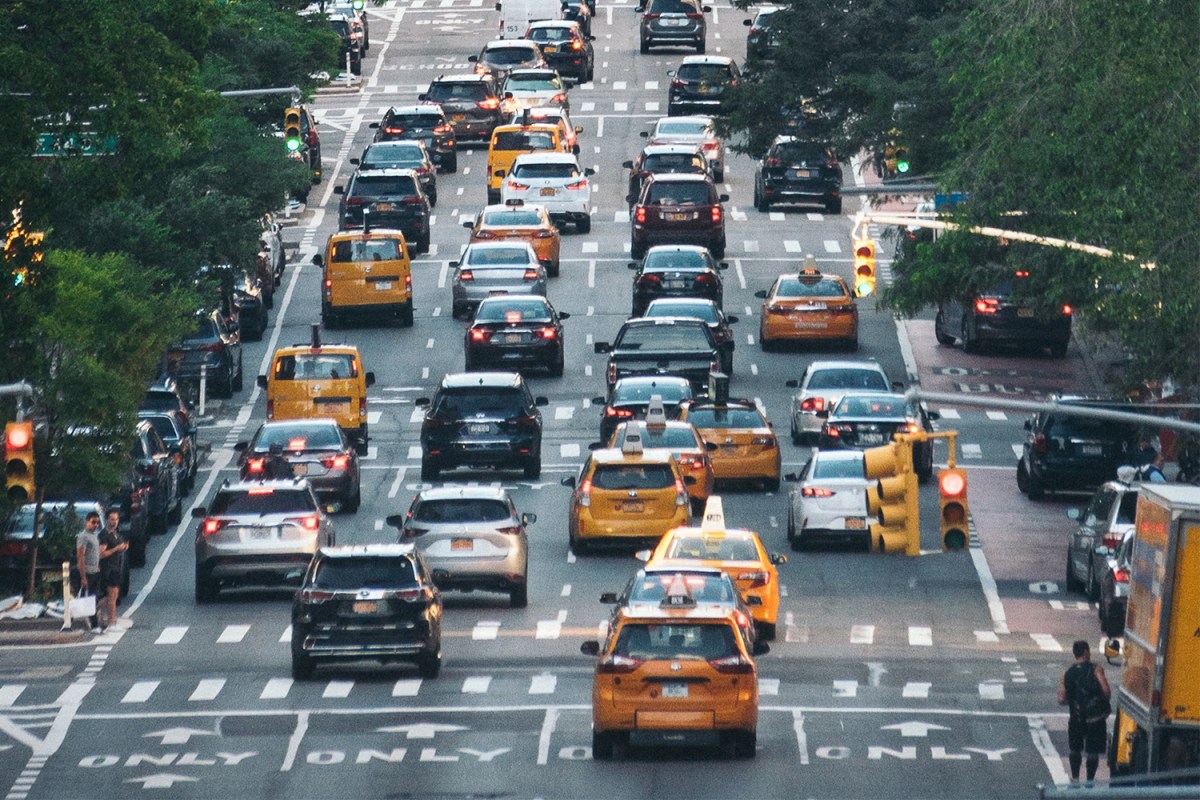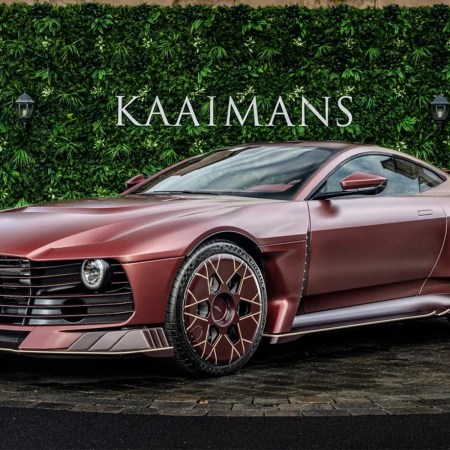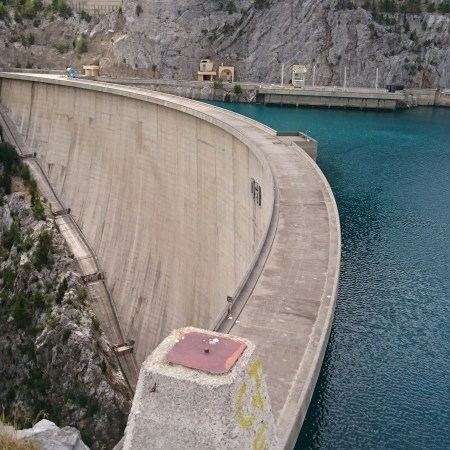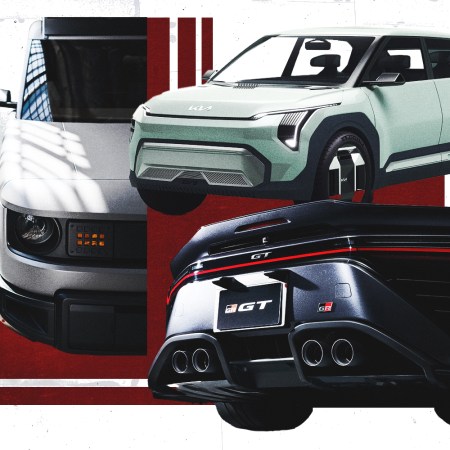In a term defined by fights, one of President Trump’s most contentious battles has been the reversal of fuel economy and carbon emissions standards for cars and trucks enacted in 2012 under President Obama. The potential rollback split the American auto industry into factions, led to lawsuits with multiple states (with California leading the charge) and left the administration “[scrambling] to justify the change,” the Los Angeles Times reported.
On Tuesday, they finally made good on their promise. The Transportation Department along with the Environmental Protection Agency released a new set of weaker fuel economy and emissions rules, marking a decisive victory for the oil and gas industry and almost no one else.
“We are delivering on President Trump’s promise to correct the current fuel economy and greenhouse gas emissions standards,” said EPA Administrator, and former coal lobbyist, Andrew Wheeler in a press release.
The new regulations, when taken at face value, certainly sound nice. It’s called the Safer Affordable Fuel-Efficient (SAFE) Vehicles Rule, and as the press release notes, it promises to lower the average price of new vehicles “by about $1,000 … [making] it easier for Americans to afford to buy newer, cleaner, and safer vehicles.”
The reality of the regulations, as determined by the EPA itself, will be much different.
“[The EPA’s] estimates show that while loosening fuel-economy standards could make cars cheaper, drivers would lose money in the end by having to buy more gas,” writes the Los Angeles Times. It added, “The government’s analysis shows that American car companies could experience a loss of thousands of jobs by making dirtier cars that would be locked out of many overseas markets.” That’s because other countries are prioritizing cleaner cars, a cleaner environment and the climate crisis, leaving the U.S. behind.
In short, U.S. automakers are projected to lose out in the global marketplace; American buyers are projected to spend more in total under the proposal; and all Americans stand to lose out in terms of health and safety as the rule would lead to huge increases in climate-change causing greenhouse gas emissions. But the oil and gas industry will get a boost.
As with many of the Trump administration’s big policy moves, this will likely see legal challenges.
Subscribe here for our free daily newsletter.
Thanks for reading InsideHook. Sign up for our daily newsletter and be in the know.



















